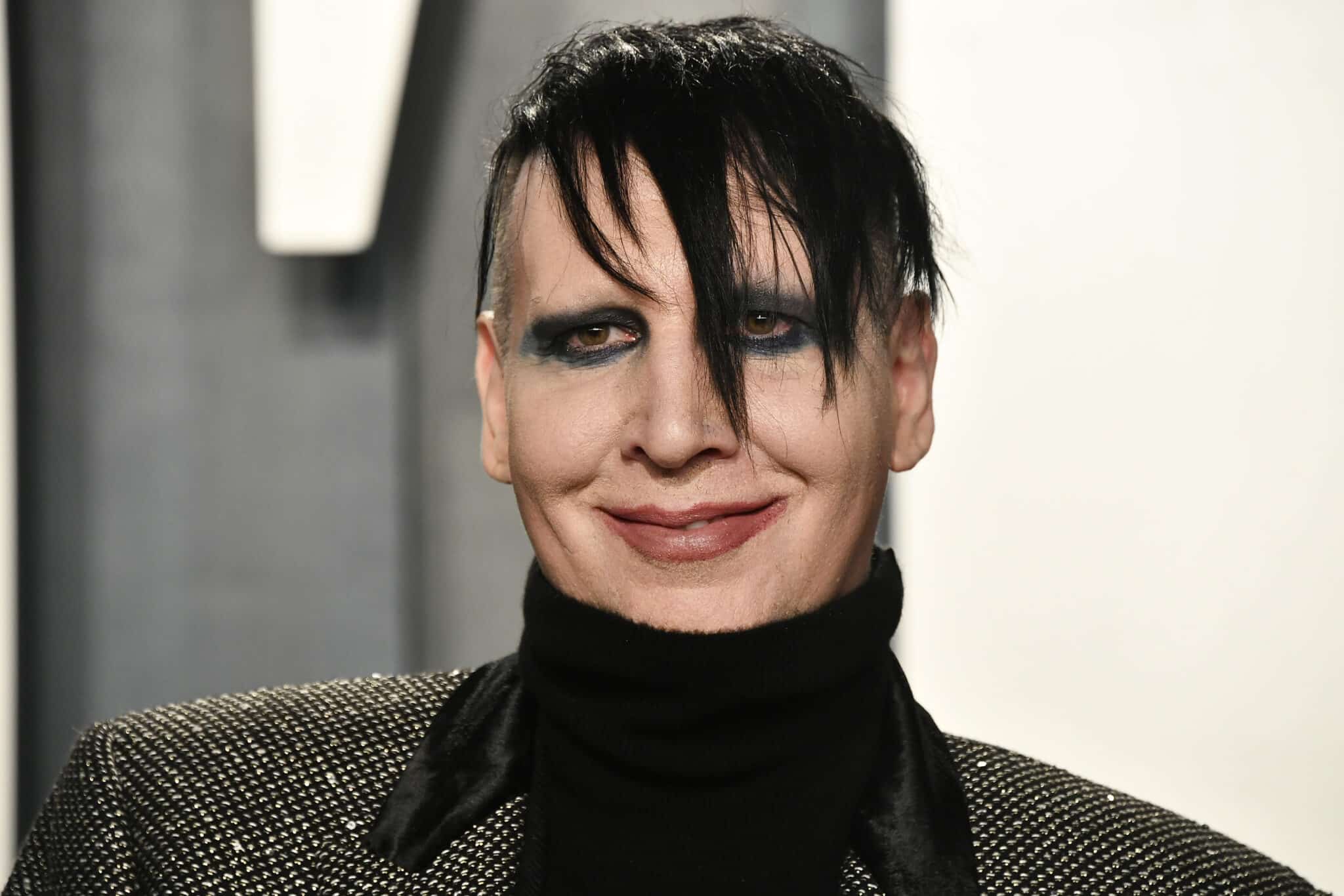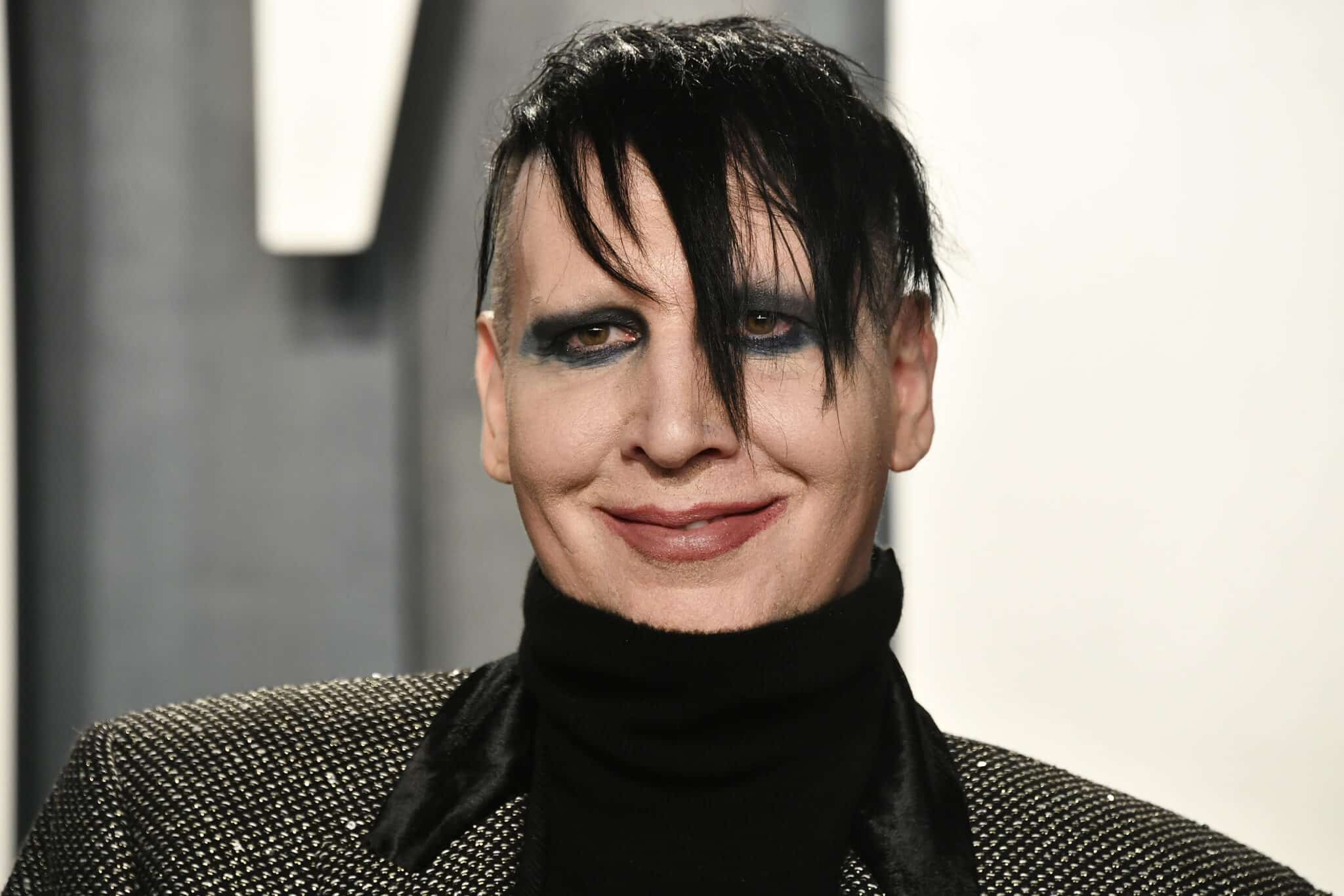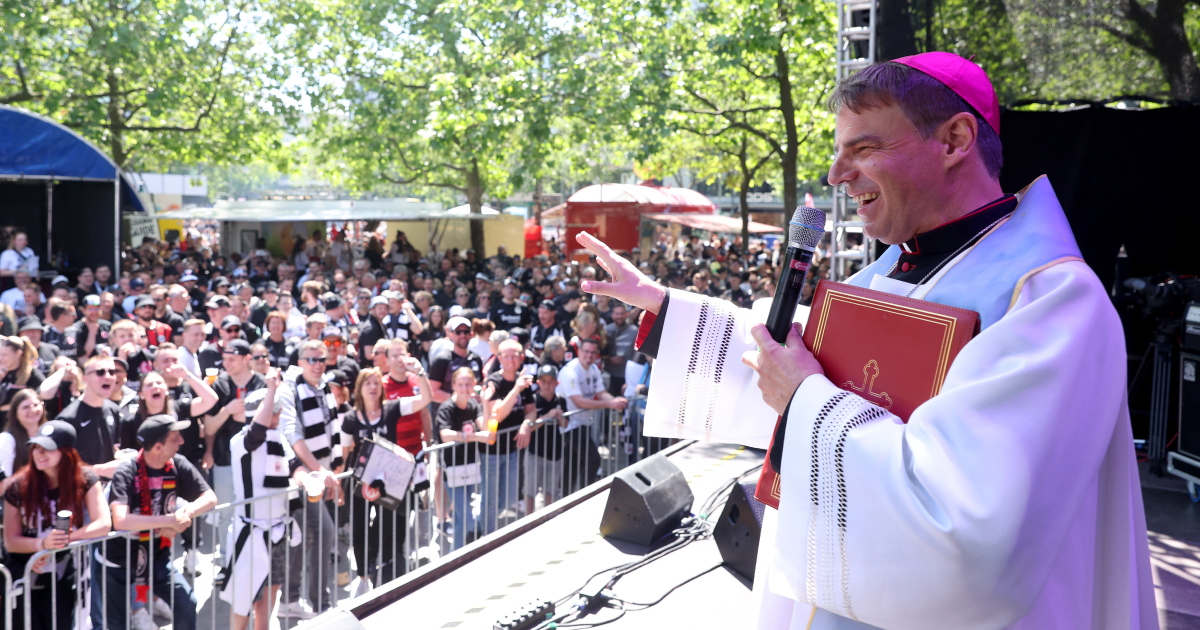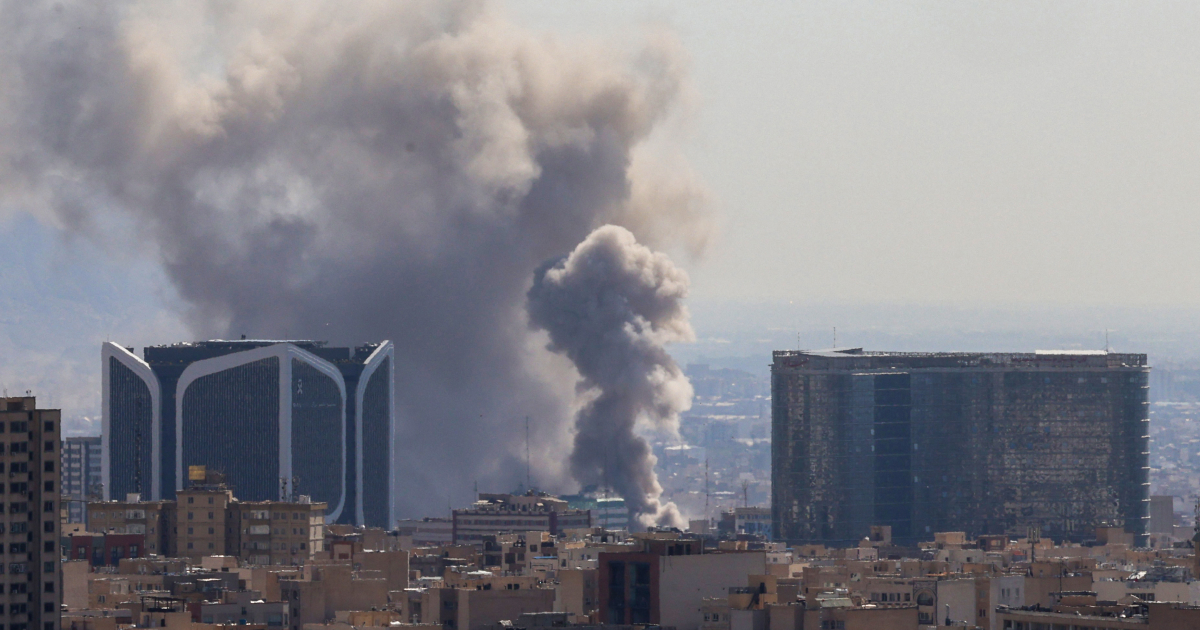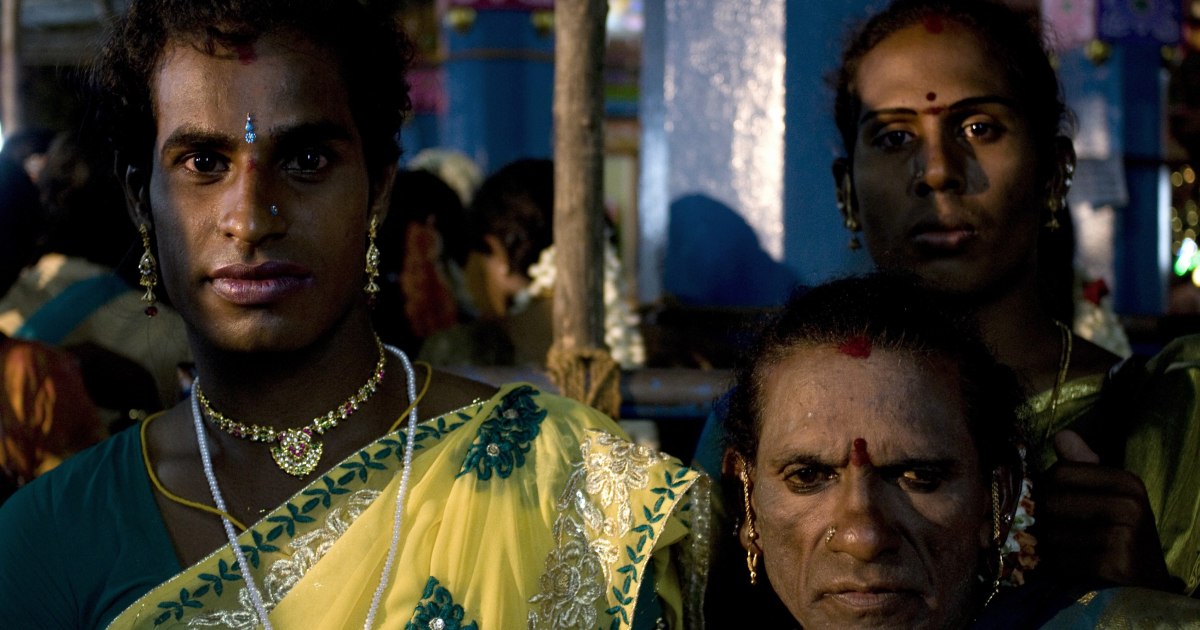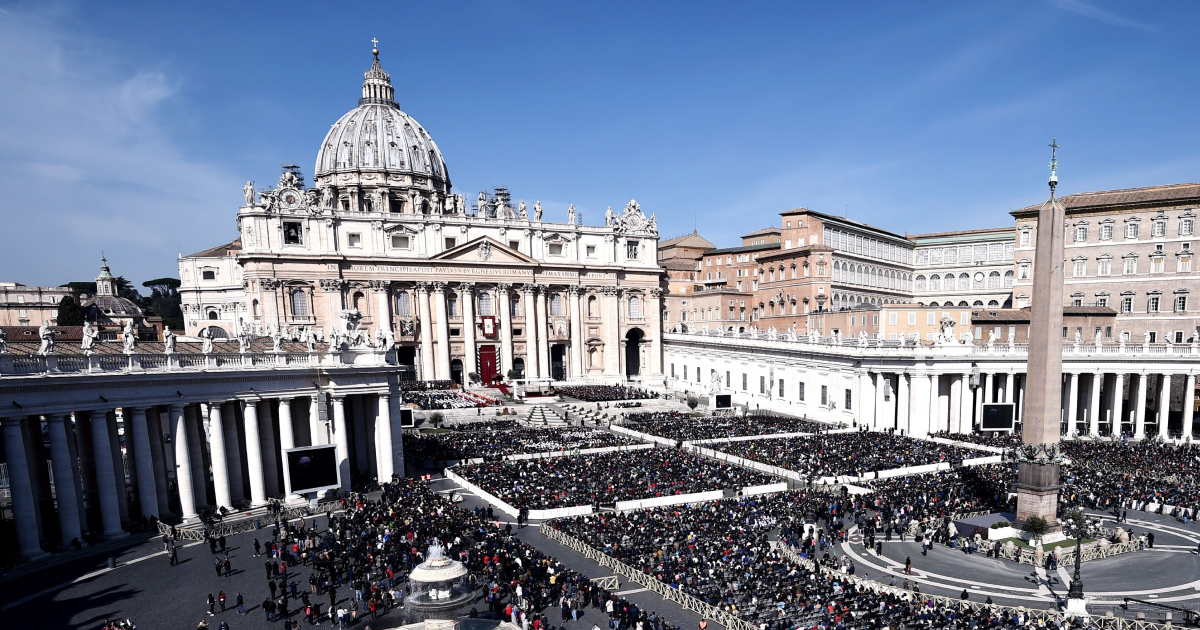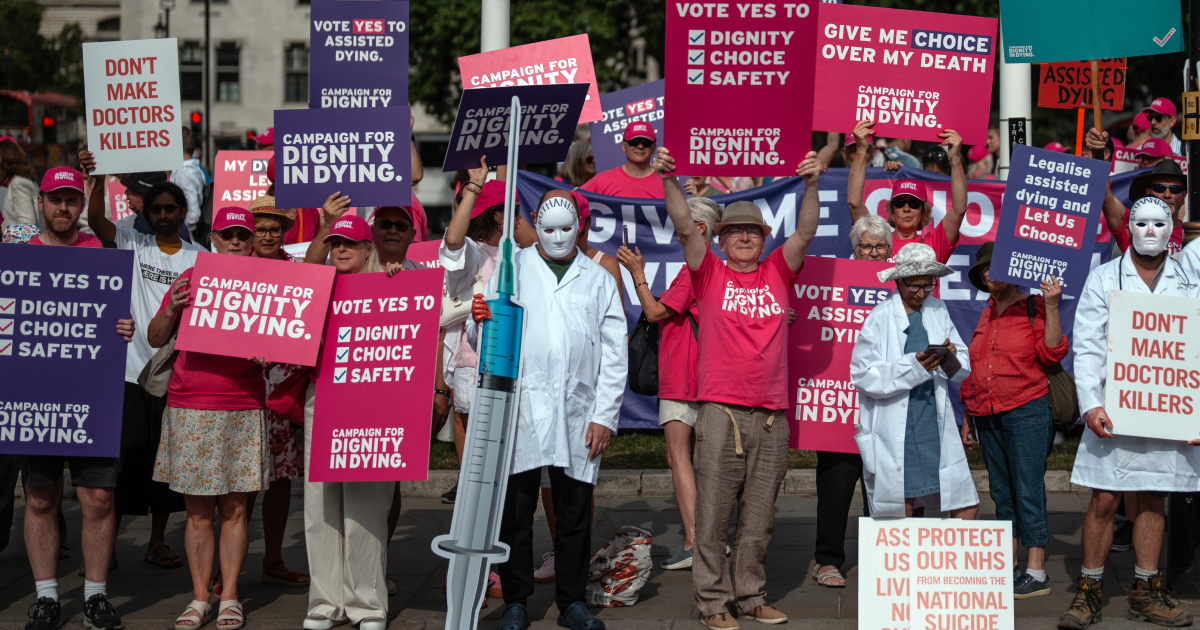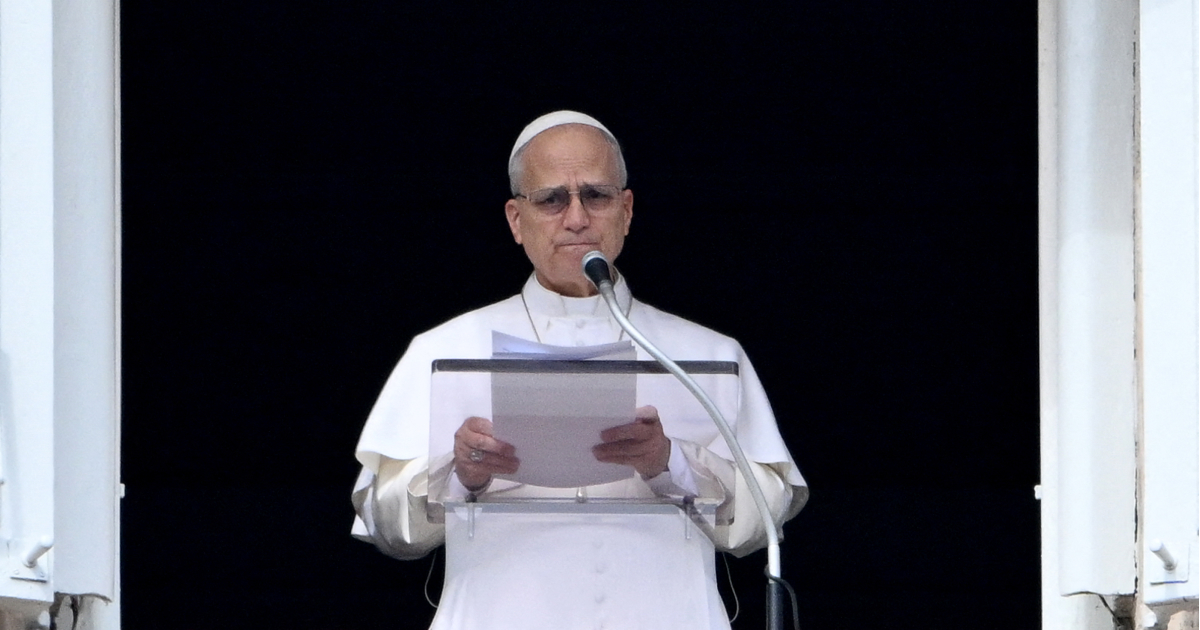Archbishop Jorge Cavazos Arizpe of San Luis Potosí, a city of more than 800,000 residents in Mexico, has asked the local state governor to cancel a concert by rock star Marilyn Manson scheduled for 10 August, stating it could “lead to situations of evil”. Manson, an American rock star who first came to prominence in the 1990s, has been credibly accused of abusing multiple women.
Cavazos told journalists on 15 June during a press conference that he had sent a letter to Governor Ricardo Gallardo Cardona requesting the concert’s cancellation.
“Yes, I have sent a letter about it to the governor asking him exactly, for the sake of society and the sake of all Christians, ,” he said.
Cavazos claimed the concert “does not bring fraternity nor joy” and involves mockery of the Catholic faith and creeds.
“I don’t know that person , only in a general way. But if we understand that situations of evil can be caused, as a Church – united with our Lord Jesus – we cannot promote any kind of insinuation of evil. We have to oppose all such situations,” he added.
Manson’s concert is due to form part of Potosí’s annual National Fair, which will run from 8–31 August. The fair will include concerts by several Mexican and international artists, such as Dutch-born DJ Tiësto. Manson is expected to be the main attraction.
Cavazos emphasised that the fair was originally a religious celebration in honour of Saint Louis, the patron saint of both the city and the state.
“I heard many people say – among them many young people – that they’re troubled by this taking place,” he said.
The archbishop also recalled that the local government had previously discussed the possibility of banning so-called narcocorridos, a subgenre of Mexican ballads dealing with themes connected to drug trafficking. In that case, he argued, other expressions that ridicule the faith should be equally prohibited.
Governor Gallardo told the local newspaper El Universal de Potosí that the concert would go ahead.
“We’re no longer in the time of the Holy Inquisition to forbid artistic expressions,” he said.
Fifty-six-year-old Marilyn Manson, born Brian Warner, began his career in Florida in 1989. Each member of his original band chose a stage name combining the first name of a US sex symbol with the surname of a serial killer: Marilyn Monroe and the convicted cult leader and murderer Charles Manson.
From the start, his industrial metal concerts have been notorious for the inclusion of grotesque elements such as the entrails of dead animals and women posed on crosses. References to Satanism and the desecration of Christian symbols have also featured prominently.
Manson’s 1996 album Antichrist Superstar attracted intense criticism from Christian groups in the United States. Over the decades, he has repeatedly been accused of sexual harassment and abuse. Earlier this year, a four-year investigation into allegations of abuse and domestic violence was concluded without charges being filed.
Despite Manson’s controversial public image, the archbishop’s attempt to prevent the concert in San Luis Potosí was met with criticism by many Mexicans.
Sixty-one-year-old journalist Rafael Aguilar, a resident of San Luis Potosí and a long-time rock fan, described Cavazos’s intervention as a “hypocritical publicity stunt”.
“Mexico is a lay state. That’s a retrograde message the Church is sending, something from the past,” Aguilar told Crux, adding that the Church should reflect on its own problems, “including the scandals involving some priests.”
He recalled that in 1989 the British rock band Black Sabbath had been scheduled to perform in San Luis Potosí, but a coalition between the Catholic Church and right-wing authorities ultimately prevented the concert from taking place.
“There were more than 20,000 tickets already sold and people from Guadalajara, Mexico City and other parts of the country were all here waiting for the concert,” he recalled.
The reasons for the suspension of the Black Sabbath concert have never been fully clarified, but Aguilar said the campaign led by the Church was decisive.
“The Church was rather powerful in Mexico back then. But now it’s not any more. It’s an institution in crisis,” he said.
Aguilar, who is Catholic, said that Manson “is not exactly a Satanic rock star like other artists who came before him.”
“He’s a guy from the 1990s, he has a lighter stance. Moreover, it’s a one-day concert – it will not have any kind of ideological impact,” he added, saying he plans to attend the event.
(Photo by Frazer Harrison/Getty Images)
Archbishop Jorge Cavazos Arizpe of San Luis Potosí, a city of more than 800,000 residents in Mexico, has asked the local state governor to cancel a concert by rock star Marilyn Manson scheduled for 10 August, stating it could “lead to situations of evil”. Manson, an American rock star who first came to prominence in the 1990s, has been credibly accused of abusing multiple women.
Cavazos told journalists on 15 June during a press conference that he had sent a letter to Governor Ricardo Gallardo Cardona requesting the concert’s cancellation.
“Yes, I have sent a letter about it to the governor asking him exactly, for the sake of society and the sake of all Christians, [for the concert’s suspension],” he said.
Cavazos claimed the concert “does not bring fraternity nor joy” and involves mockery of the Catholic faith and creeds.
“I don’t know that person [Manson], only in a general way. But if we understand that situations of evil can be caused, as a Church – united with our Lord Jesus – we cannot promote any kind of insinuation of evil. We have to oppose all such situations,” he added.
Manson’s concert is due to form part of Potosí’s annual National Fair, which will run from 8–31 August. The fair will include concerts by several Mexican and international artists, such as Dutch-born DJ Tiësto. Manson is expected to be the main attraction.
Cavazos emphasised that the fair was originally a religious celebration in honour of Saint Louis, the patron saint of both the city and the state.
“I heard many people say – among them many young people – that they’re troubled by this [concert] taking place,” he said.
The archbishop also recalled that the local government had previously discussed the possibility of banning so-called narcocorridos, a subgenre of Mexican ballads dealing with themes connected to drug trafficking. In that case, he argued, other expressions that ridicule the faith should be equally prohibited.
Governor Gallardo told the local newspaper <em>El Universal de Potosí</em> that the concert would go ahead.
“We’re no longer in the time of the Holy Inquisition to forbid artistic expressions,” he said.
Fifty-six-year-old Marilyn Manson, born Brian Warner, began his career in Florida in 1989. Each member of his original band chose a stage name combining the first name of a US sex symbol with the surname of a serial killer: Marilyn Monroe and the convicted cult leader and murderer Charles Manson.
From the start, his industrial metal concerts have been notorious for the inclusion of grotesque elements such as the entrails of dead animals and women posed on crosses. References to Satanism and the desecration of Christian symbols have also featured prominently.
Manson’s 1996 album <em>Antichrist Superstar</em> attracted intense criticism from Christian groups in the United States. Over the decades, he has repeatedly been accused of sexual harassment and abuse. Earlier this year, a four-year investigation into allegations of abuse and domestic violence was concluded without charges being filed.
Despite Manson’s controversial public image, the archbishop’s attempt to prevent the concert in San Luis Potosí was met with criticism by many Mexicans.
Sixty-one-year-old journalist Rafael Aguilar, a resident of San Luis Potosí and a long-time rock fan, described Cavazos’s intervention as a “hypocritical publicity stunt”.
“Mexico is a lay state. That’s a retrograde message the Church is sending, something from the past,” Aguilar told <em>Crux</em>, adding that the Church should reflect on its own problems, “including the scandals involving some priests.”
He recalled that in 1989 the British rock band Black Sabbath had been scheduled to perform in San Luis Potosí, but a coalition between the Catholic Church and right-wing authorities ultimately prevented the concert from taking place.
“There were more than 20,000 tickets already sold and people from Guadalajara, Mexico City and other parts of the country were all here waiting for the concert,” he recalled.
The reasons for the suspension of the Black Sabbath concert have never been fully clarified, but Aguilar said the campaign led by the Church was decisive.
“The Church was rather powerful in Mexico back then. But now it’s not any more. It’s an institution in crisis,” he said.
Aguilar, who is Catholic, said that Manson “is not exactly a Satanic rock star like other artists who came before him.”
“He’s a guy from the 1990s, he has a lighter stance. Moreover, it’s a one-day concert – it will not have any kind of ideological impact,” he added, saying he plans to attend the event.
(Photo by Frazer Harrison/Getty Images)
<a href="https://www.gettyimages.es/license/1205179775?adppopup=true"></a>





